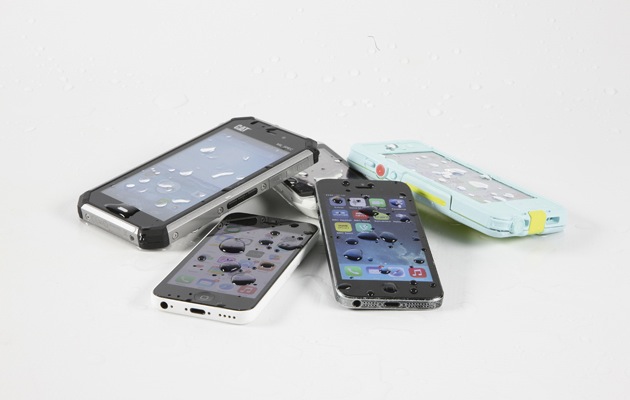Samuel Graham and his colleagues at the Georgia Institute of Technology presented a method to produce near perfect protective barrier films for electronics using atomic layer deposition at the session of the AVS International Symposium and Exhibition in Long Beach, California.
The problem with present barrier film technology that prevents complete protection of phones and other electronic devices from the intrusion of oxygen and water that will damage the organic light-emitting diode (OLED) display is microscopic defects.
Graham has developed a coating methodology that has no defects. The methodology uses atomic layer deposition to produce high performance transparent metal oxide coatings that are only about 10 nanometers thick. Present barrier coatings are hundreds of times as thick and do not offer the high level of protection that is needed for electronic devices.
The technology was tested with cell phones. Cell phones submerged in salt water for several months maintained complete utility and function.
Atomic layer deposition presents several advantages of present thin layer barrier technology including extremely thin coatings and near defect free protection.
The technology is being used in some applications at present. The researchers claim that full commercial use will require the development and testing of technology that increases the speed at which the coatings are applied and improve the chemical stability of the coatings.















